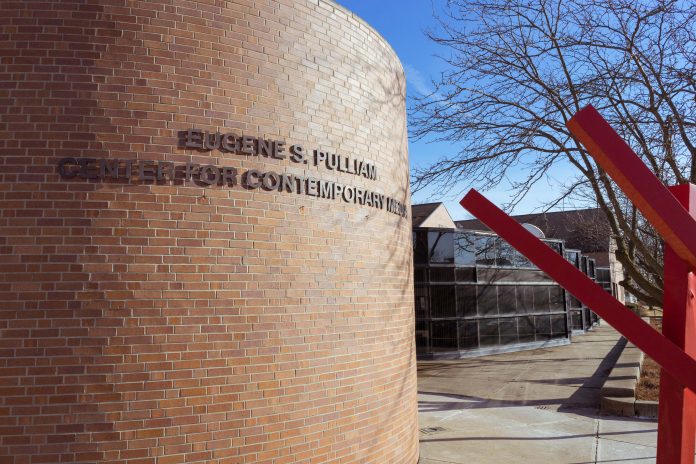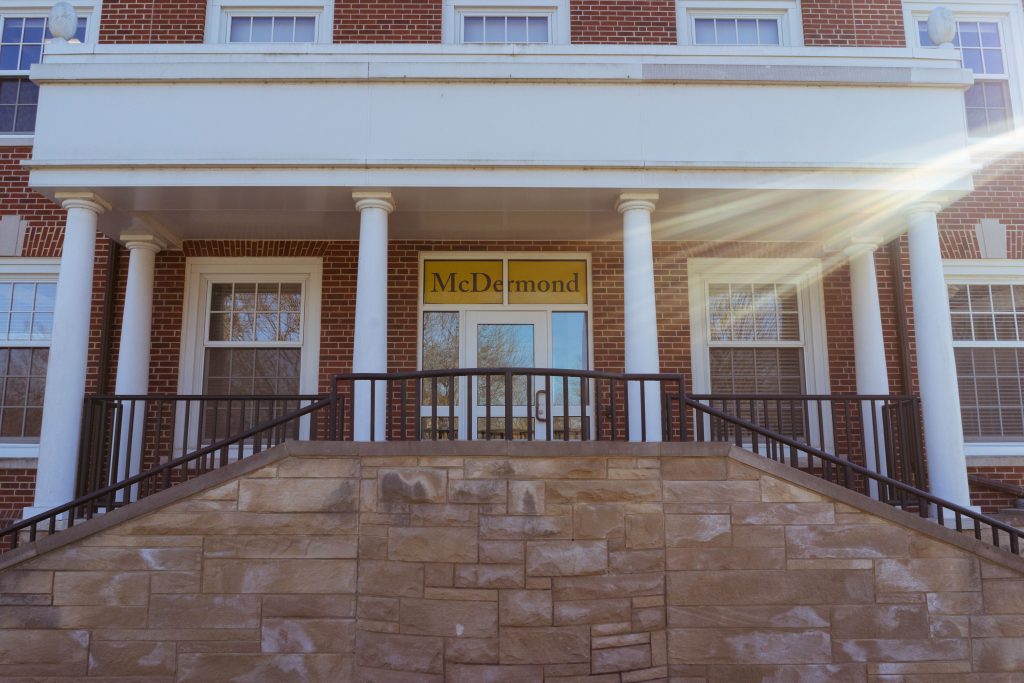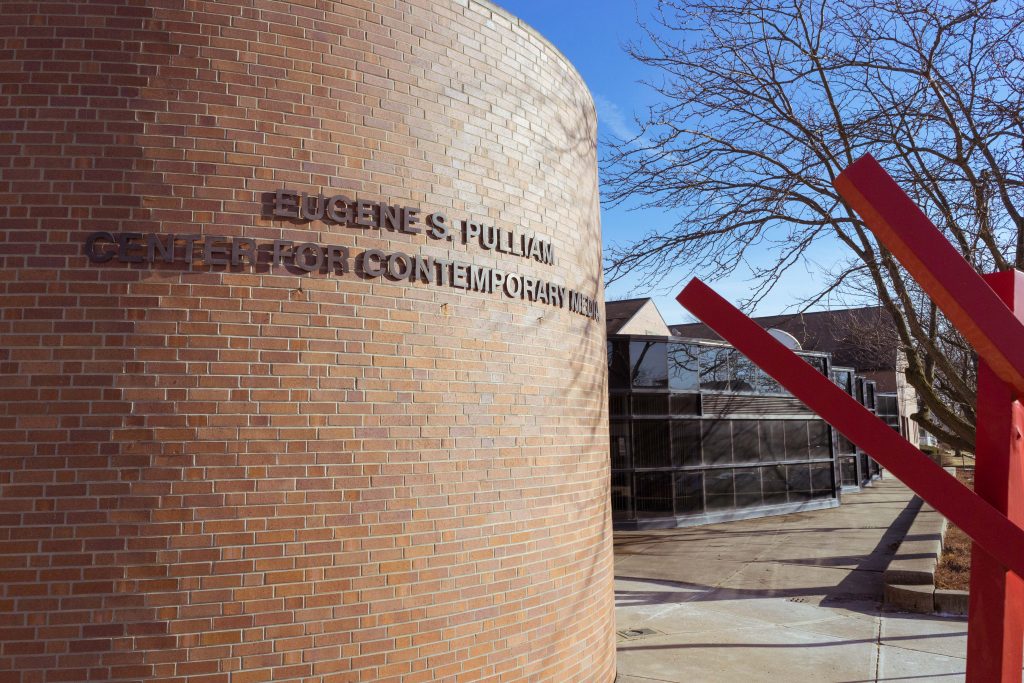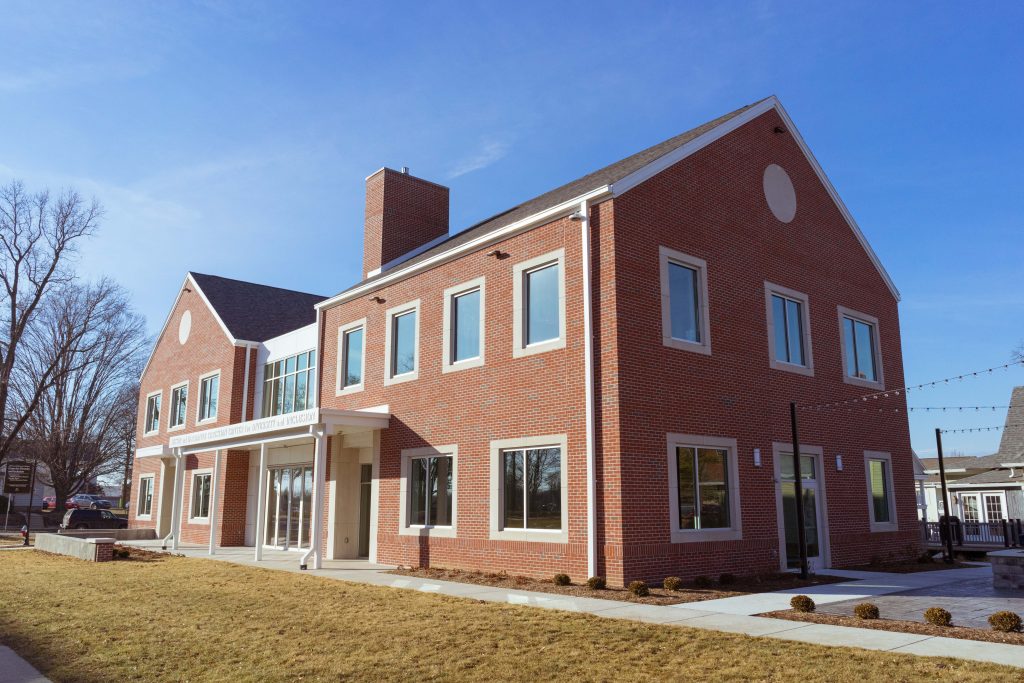
Students who take advantage of the Gold Commitment guarantee will have increased access to all of DePauw University’s co-curriculum according to Anne Harris, vice president of academic affairs.
Currently, co-curricular activities available at DePauw, such as speakers and alumni, are used primarily by students involved in fellows programs who consist of only 25 percent of DePauw’s student body. The Commitment’s co-curricular requirements will require students to immerse themselves in the various opportunities available at all eight of DePauw’s centers.
Harris said DePauw’s co-curriculum is one of the University’s most “stand-out features” in regards to its liberal arts education. When developing the Commitment, she mentioned the success rates of fellows students post-graduation were notably higher than non-fellows students. The Commitment strives to create a “dynamic collaboration between curriculum and co-curriculum,” and to make the centers “more purposefully open to all.” Also, as each of DePauw’s centers are endowed, the co-curricular aspect of the Commitment seeks to celebrate alumni.
Students involved in the Commitment program will be required to explore various centers through a “Personalized Co-Curriculum” each year. This experience portfolio will range from collaboration and communication, civic and global engagement and career development. Students will be able to fulfill each capstone at the various centers.
“The Commitment is organizing and making clear the co-curriculum to students everywhere,” said Jonathan Nichols-Pethick, the director of Media Fellows and the Pulliam Center. Nichols-Pethick emphasized that co-curricular opportunities were never reserved exclusively for fellows students. Anyone can take advantage of the fellows program opportunities, being in a fellows program simply provides structure for students interested in pursuing a specific career avenue, such as media.
Some aspects of the fellows programs will not be available for Commitment students. For instance, unique “personal mentoring and advising about career preparation” through Media Fellows will only be available for fellows students, said Nichols-Pethick. However, these aspects are minor, and all students have free access to the advantageous aspects of the programs.
One of the biggest changes to the fellows programs will be a change in directorship. Currently, centers such as McDermond are headed by one individual who oversees both the center and the fellows program paired with it. In the coming years, Management Fellows and Media Fellows will have new directors to solely manage the centers in order to support students outside of the fellows programs. However, the Honor Scholar Program will not change its directorship structure like the other fellows programs. Because the Honor Scholar Program is not a center affiliated with a program, “there are no plans, of which I am aware, to have a director separate from the Honor Scholar Program,” said Kevin Moore, director of Honor Scholar Program. Honor Scholar Directors are appointed by the Vice President and the President.
First-year Meher Sheth has already experienced the advantages of being part of the Management Fellows. She said, “It’s great to have access to so many speakers who are part of the DePauw alumni network.”
First-year Townsend Driggs has noticed his critical thinking skills have strengthened since participating in the Media Fellows Program.
“I’ve gotten to dabble in a lot of different areas [of media],” he said. His experience through the program has ranged from increased technological skills to radio hosting. Commitment students will receive increased exposure to such benefits of these programs.
Harris said the goal of the Commitment is to make all of the centers “interconnected as a whole,” while also highlighting their unique aspects.



